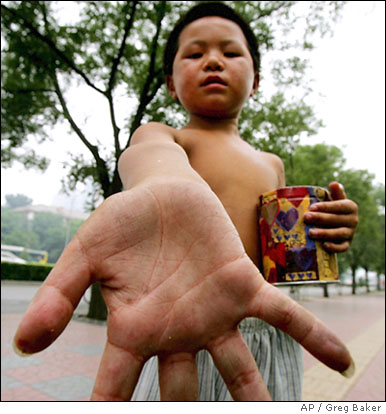En inglés usamos distintas preposiciones para hablar de períodos de tiempo:
At para un tiempo concreto, como la hora
Ejemplos: at 3 o'clock, at 10.30 am, at dinnertime, at sunrise (al amanecer).
In para meses, años, siglos y períodos largos
Ejemplos: In May, in summer, in 2009, in the 1990s, in the next century, in the past.
On para días y fechas
Ejemplos: on Sunday, on Tuesdays, on 6 March, on 25 Dec. 2010, on Christmas Day.
Presta atención al uso de la preposición adecuada en expresiones como las siguientes:
At night The stars shine at night.
At the weekend I don't usually work at the weekend.
At Christmas/Easter I stay with my family at Christmas.
At the same time We finished the test at the same time.
At present He's not home at present. Try later.
Cuando empleamos las palabras "last, next, every, this evening" no empleamos ninguna preposición:
I went to London last June. (not in last June)
He's coming back next Tuesday. (not on next Tuesday)
I go home every Easter. (not at every Easter)
We'll call you this evening. (not in this evening)
Traduce estas frases al español, teniendo en cuenta lo que has visto antes.
1. I have a meeting at 9am.
2. The shop closes at midnight.
3. Jane went home at lunchtime.
4. In England, it often snows in December.
5. Do you think we will go to Jupiter in the future?
6. There should be a lot of progress in the next century.
7. Do you work on Mondays?
8. Her birthday is on 20 November.
9. Where will you be on New Year's Day?
10. I watch my favourite TV programme at night.


















































